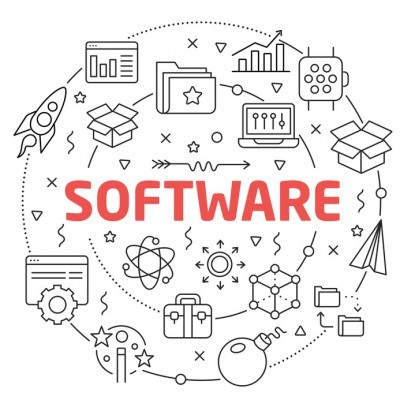- You are here:
-
Blog

-
Networthy Systems

- Has Your IT Team Attained these Goals Yet?
NetWorthy Systems Blog
It’s imperative that your organization’s software is managed properly. If you can’t do this, then your operations can suffer in the long run. While this might sound like a lot of work, software management isn’t as difficult as it sounds if you break it down into compartmentalized tasks. Ultimately, you can group it into three major steps: leveraging available assets, testing strategies, and understanding the software.
The file cabinet. It may be a staple of the office, but boy can they be a pain in the neck. Every file needs to be printed and collated only to be filed in a dingy file cabinet with the off chance that it will ever be needed again. For businesses that have a lot of paper filed away, a document management system can go a long way toward modernizing your organization, and providing a access-controlled database where you can find any file in seconds.
Running a business sometimes requires attention to very minute details, and some things must be measured in order to achieve optimal efficiency. You’ve likely heard the terms bits and bytes used regarding data storage or transfer, but do you know what the difference is between them? Today’s tech term is dedicated to this explanation.
Many business transactions may be moving away from the telephone, but it is still a must-have for any business. Not everyone is Internet-savvy after all. Nowadays, there are plenty of telephone options out there, but only one carries no upfront hardware costs or a exorbitant fee structure: Hosted VoIP. Today, we will take a look at the benefits of cloud hosted VoIP, and how to get one working for your business today.




